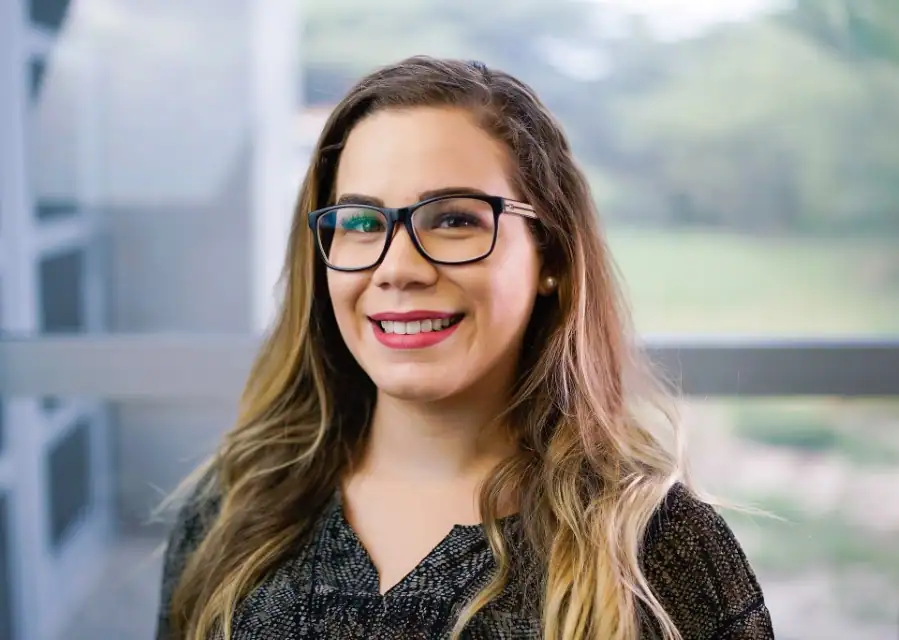If you are facing criminal charges, it’s essential to have a criminal defense counsel on your side. Criminal charges can have serious consequences, including fines, probation, and even jail time. A criminal defense lawyer can help you navigate the legal system, understand your charges, and build a strong defense. In this article, we’ll explore the role of criminal defense counsel, what to expect during the legal process, and how to find the right lawyer for your case.
What is Criminal Defense Counsel?
Criminal defense counsel is a type of lawyer who specializes in defending individuals and organizations charged with criminal offenses. Their primary goal is to protect their clients’ rights and achieve the best possible outcome in their case. They work closely with their clients to understand their charges, gather evidence, and build a strong defense.
What Does a Criminal Defense Counsel Do?
A criminal defense counsel performs a range of duties to protect their clients’ rights and interests. Some of the most common tasks include:
- Understanding the charges: The first step in building a strong defense is understanding the charges against you. A criminal defense lawyer will review the charges and explain the potential consequences, including fines, jail time, and probation.
- Gathering evidence: A criminal defense lawyer will gather evidence to build a strong defense. This may include witness statements, police reports, and other documents.
- Negotiating with the prosecution: In some cases, a criminal defense lawyer may be able to negotiate with the prosecution to reduce charges or penalties.
- Representing you in court: If your case goes to trial, a criminal defense lawyer will represent you in court. They will argue your case, cross-examine witnesses, and present evidence.
- Explaining your rights: A criminal defense lawyer will explain your rights and ensure that they are protected throughout the legal process.
What to Expect During the Legal Process
The legal process can be complex and overwhelming, especially if you are facing criminal charges for the first time. Here’s what you can expect:
- Arrest: If you are arrested, you will be taken into custody and informed of your charges.
- Bail: You may be able to post bail to secure your release from custody while your case is pending.
- Arraignment: You will appear in court for your arraignment, where you will enter a plea of guilty or not guilty.
- Pretrial hearings: There may be several pretrial hearings where your criminal defense lawyer will argue motions, negotiate with the prosecution, and prepare for trial.
- Trial: If your case goes to trial, your criminal defense lawyer will represent you in court.
FAQs:
Q: How do I find the right criminal defense counsel for my case? A: Start by researching criminal defense lawyers in your area. Look for lawyers who have experience with cases similar to yours and who have a track record of success. Schedule consultations with several lawyers to find one who you feel comfortable working with and who you believe will represent your interests effectively.
Q: How much does a criminal defense counsel cost? A: The cost of a criminal defense lawyer varies depending on the complexity of your case, the lawyer’s experience, and their location. Some lawyers charge a flat fee, while others charge by the hour. It’s essential to discuss fees with your lawyer upfront and to make sure you understand the payment structure before hiring them.
Q: What if I can’t afford a criminal defense counsel? A: If you can’t afford a criminal defense lawyer, you may be eligible for a court-appointed lawyer. These lawyers are provided
by the court and are available to individuals who meet certain income requirements. While court-appointed lawyers may not have as much experience as private lawyers, they can still provide effective representation in many cases.
Q: Should I plead guilty or not guilty? A: It’s important to discuss this decision with your criminal defense counsel. In some cases, it may be in your best interest to plead guilty to a lesser charge to avoid more severe penalties. In other cases, it may be better to fight the charges and go to trial. Your lawyer can help you understand the potential consequences of each option and advise you on the best course of action.
Conclusion
If you are facing criminal charges, it’s essential to have a criminal defense counsel on your side. A criminal defense lawyer can help you understand your charges, gather evidence, and build a strong defense. They can also protect your rights and ensure that you receive a fair trial. By finding the right criminal defense lawyer for your case, you can increase your chances of a favorable outcome and minimize the potential consequences of your charges.






